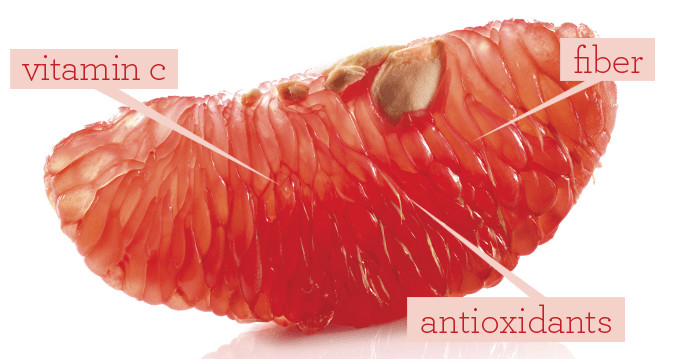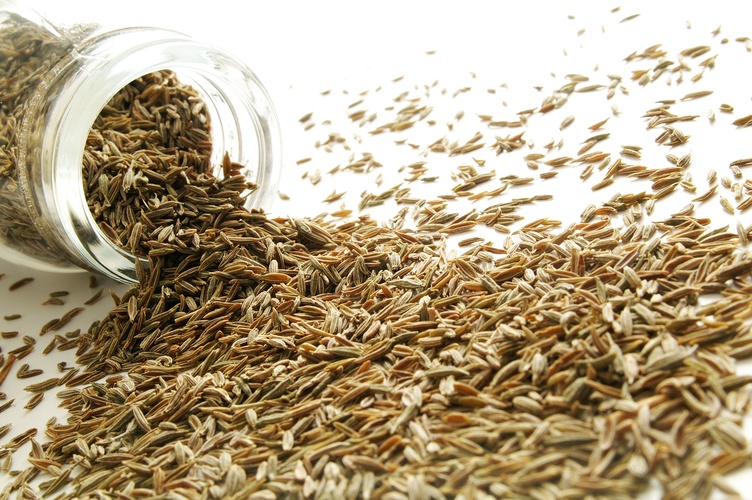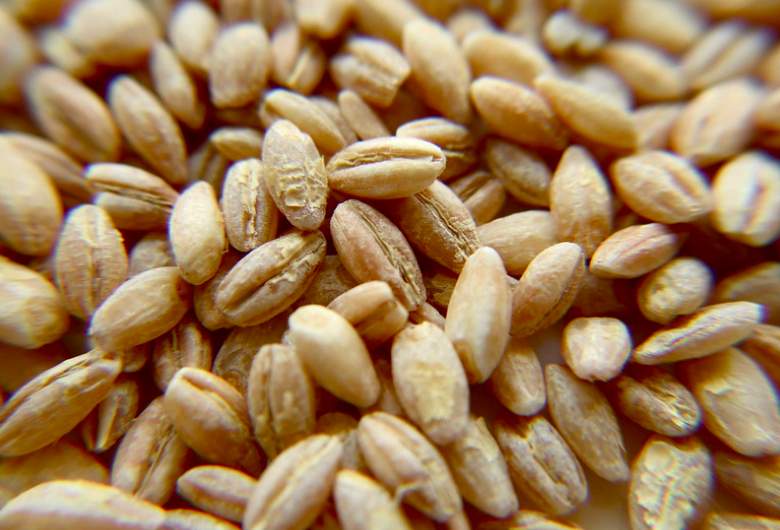grapefruit benefits fertility
In the quest to optimize fertility and overall reproductive health, attention has turned towards the myriad of dietary choices that can positively impact these essential aspects of life. Among the many fruits and foods celebrated for their potential benefits, grapefruit stands out as a flavorful and nutritious option that has captured the interest of researchers and health enthusiasts alike. This article delves into the potential grapefruit benefits for fertility, exploring the scientific evidence, nutritional components, and potential mechanisms that make this citrus fruit a valuable addition to a fertility-focused diet.

The Nutritional Profile of Grapefruit: Grapefruit, scientifically known as Citrus paradisi, is a tangy and vibrant fruit renowned for its refreshing taste and invigorating aroma. Packed with an impressive array of nutrients, grapefruit boasts high levels of vitamin C, potassium, dietary fiber, and a variety of antioxidants, such as flavonoids and carotenoids. These nutritional components play crucial roles in supporting overall health and are particularly intriguing when it comes to fertility enhancement.
Grapefruit and Hormonal Balance: One of the key mechanisms through which grapefruit may impact fertility revolves around its potential to help maintain hormonal balance. Hormones play an integral role in regulating the menstrual cycle, ovulation, and overall reproductive function. The antioxidants found in grapefruit, notably vitamin C, may contribute to reducing oxidative stress and inflammation, both of which can disrupt hormonal equilibrium. By promoting a healthier hormonal environment, grapefruit could indirectly support fertility.
Insulin Sensitivity and Fertility: Emerging research has also shed light on the potential connection between grapefruit consumption and improved insulin sensitivity. Insulin resistance, often linked to conditions like polycystic ovary syndrome (PCOS), can impact fertility by disrupting ovulation and menstrual regularity. Compounds found in grapefruit, such as naringenin, have been studied for their role in enhancing insulin sensitivity and potentially aiding in the management of conditions like PCOS. By addressing insulin resistance, grapefruit might offer a pathway to better reproductive outcomes.
Antioxidant Protection and Egg Quality: The antioxidants abundant in grapefruit can contribute to protecting reproductive cells, including eggs, from oxidative damage. Oxidative stress can compromise the quality of eggs and sperm, leading to fertility challenges. The antioxidants found in grapefruit may help mitigate this damage, potentially enhancing the chances of successful fertilization and healthy embryo development.
Dietary Fiber and Gut Health: A healthy gut microbiome has been linked to various aspects of overall well-being, including reproductive health. Grapefruit’s dietary fiber content can support gut health by promoting the growth of beneficial gut bacteria and aiding in digestion. A balanced gut microbiome can positively influence hormonal regulation and nutrient absorption, both of which are integral to fertility.
Potential Considerations and Precautions: While the potential benefits of grapefruit for fertility are promising, it’s essential to approach dietary changes with careful consideration and awareness. Here are a few points to keep in mind:
- Medication Interactions: Grapefruit is known to interact with certain medications, including those used to treat high blood pressure, cholesterol, and certain psychiatric conditions. These interactions can affect medication absorption and metabolism, potentially leading to adverse effects. If you’re taking medications, especially those crucial for your health, consult your healthcare provider before significantly increasing your grapefruit consumption.
- Individual Variability: Fertility is a complex interplay of genetic, environmental, and lifestyle factors. While grapefruit’s nutrients and compounds might offer benefits to some individuals, it’s important to remember that each person’s response can vary. Some people might see more pronounced effects, while others may not experience significant changes.
- Balanced Diet: Fertility optimization is not solely dependent on a single food or nutrient. A well-rounded diet that includes a variety of nutrient-rich foods, such as fruits, vegetables, whole grains, lean proteins, and healthy fats, is crucial for overall reproductive health. Grapefruit can be a valuable addition, but it should complement a broader dietary strategy.
- Moderation: As with any dietary component, moderation is key. While grapefruit provides numerous nutrients and potential benefits, consuming excessive amounts might lead to unintended consequences. Excessive consumption of certain compounds found in grapefruit, such as furanocoumarins, can interfere with enzyme function and potentially disrupt hormonal balance.
- Personalized Approach: Fertility concerns can vary widely among individuals, and there is no one-size-fits-all solution. Consulting a qualified healthcare professional, such as a registered dietitian or reproductive endocrinologist, can help tailor dietary recommendations to your specific needs and circumstances.
Incorporating Grapefruit into Your Diet: If you’re interested in integrating grapefruit into your diet to potentially support fertility, consider the following tips:
- Variety: Opt for a variety of citrus fruits, including grapefruit, oranges, and tangerines, to ensure you’re benefiting from a range of nutrients and antioxidants.
- Portion Control: Enjoy grapefruit as part of a well-balanced meal or snack, rather than consuming large quantities at once.
- Pairing: Combine grapefruit with other fertility-supporting foods, such as leafy greens, nuts, seeds, and whole grains, to create nutrient-rich meals.
- Hydration: Stay hydrated by drinking water and other fluids, as proper hydration is important for overall health and reproductive function.
- Consultation: If you have specific fertility concerns or conditions, seek guidance from a healthcare professional or a registered dietitian who specializes in reproductive health and nutrition.
While further research is needed to fully elucidate the extent of grapefruit’s benefits for fertility, the existing scientific evidence highlights its potential to positively impact hormonal balance, insulin sensitivity, antioxidant protection, and gut health – all of which are intertwined with reproductive wellness. As part of a balanced and varied diet, incorporating grapefruit may offer a flavorful and nutritious way to support fertility goals. As with any dietary modifications, it’s important to consult with a healthcare professional before making significant changes to one’s diet, especially for individuals with specific health conditions or concerns.










